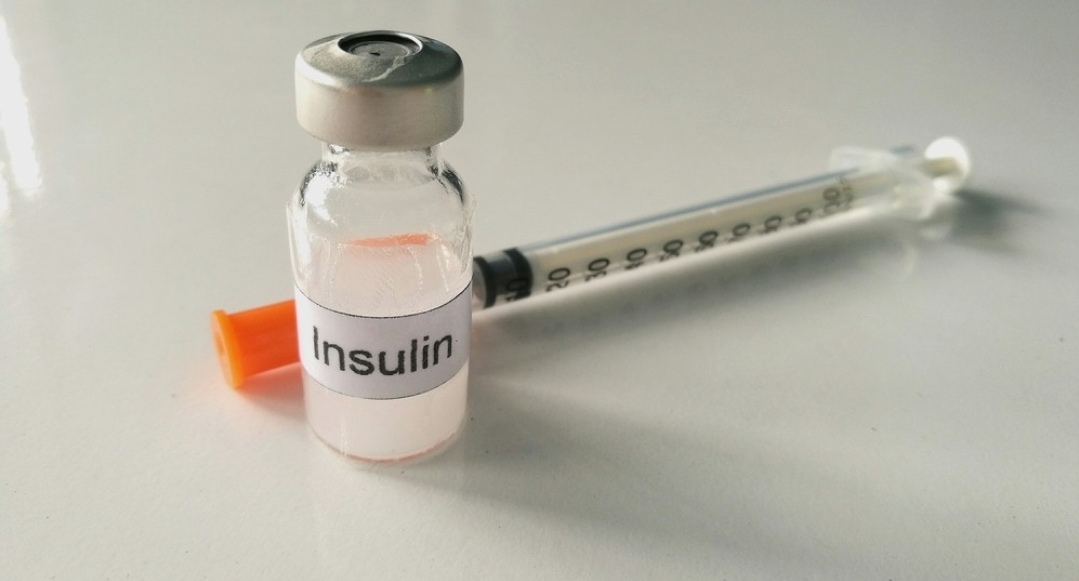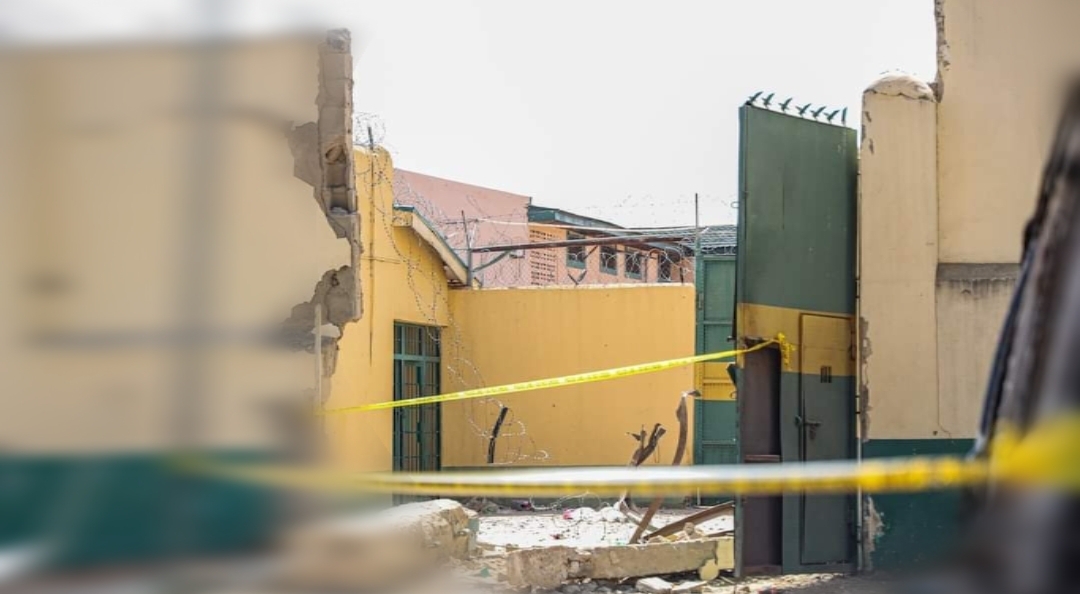Diabetes: WHO criticises producers for shrinking insulin access for profits

The World Health Organisation has decried the “vast access gaps” in the availability of insulin, a bedrock medicine for the treatment of diabetes, a century after it was discovered.
A report by the world public health agency in a report published on Friday to commemorate the milestone anniversary said the very essential drug was still out of reach for most persons living with diabetes.
The report, published by WHO in the lead-up to World Diabetes Day on Sunday, November 14, highlights the alarming state of global access to insulin and diabetes care.
It also finds that high prices, low availability of human insulin, few producers dominating the insulin market and weak health systems are the main barriers to universal access.
Insulin is the “bedrock” of diabetes treatment, and WHO is working with countries and manufacturers to expand access to everyone who needs it.
“The scientists who discovered insulin 100 years ago refused to profit from their discovery and sold the patent for just one dollar,” said Tedros Ghebreyesus, Director-General of the UN agency.
“Unfortunately, that gesture of solidarity has been overtaken by a multi-billion-dollar business that has created vast access gaps.”
Diabetes is characterised by elevated levels of blood sugar which over time, can cause serious damage to the heart, blood vessels, eyes, kidneys and nerves.
There are two forms of the disease. Type 1 diabetes, previously known as juvenile diabetes, is a chronic condition in which the pancreas produces little or no insulin.
For nine million people worldwide living with type 1 diabetes, having access to insulin turns the disease into a manageable condition.
The most common form of diabetes, type 2, is usually found in adults. It occurs when the body becomes resistant to insulin or doesn’t make enough of it.
WHO said for more than 60 million people living with type 2 diabetes, insulin is essential to reduce the risk of kidney failure, blindness and amputation. However, one in two people who need the medicine do not get it.
While diabetes is increasing in low and middle-income countries, their consumption of insulin has not kept up with the growing disease burden.
Even though three in four people who have type 2 diabetes live outside of North America and Europe, they account for less than 40 per cent of revenue from insulin sales.
The report outlines measures to improve access to insulin and related products.
Actions include boosting human insulin production and supply, and diversifying manufacturing of biosimilar products to create competition and reduce prices.
WHO explained that global markets have shifted from human insulin, which can be produced at relatively low cost, to pricier synthetic insulin, which can be up to three times more expensive.
The UN agency called for improved affordability by regulating prices and mark-ups through pooled procurement and greater price transparency, and promoting local manufacturing capacity in under-served regions.
At the same time, research and development (R&D) should be centred on the needs of low and middle-income countries, while increased access to insulin should be accompanied by prompt diagnosis along with access to affordable devices for injecting the medicine and monitoring blood sugar.
WHO has worked with the industry to address some of the barriers to the availability of insulin, related medicines and technologies, through holding dialogues with business associations and manufacturers.
This has resulted in several commitments by the industry, which range from developing a policy blueprint for improving access to biosimilars of insulin, to participating in WHO’s prequalification programme for insulin, glucose meters, test strips and diagnostic tools.
NAN
We have recently deactivated our website's comment provider in favour of other channels of distribution and commentary. We encourage you to join the conversation on our stories via our Facebook, Twitter and other social media pages.
More from Peoples Gazette

Politics
Katsina youths pledge to deliver over 2 million votes to Atiku
“Katsina State is Atiku’s political base because it is his second home.”

NationWide
Bonny-Bodo Road: FG dangles additional N20 billion before Julius Berger
“No contractor will dictate to this ministry.’’

Showbiz
NANTA engages 400 travel agents to market Badagry tourism sites
“This is our way of showcasing Lagos as a preferred tourist destination.’’

Education
UNICROSS alumni begin legal battle for governing council’s dissolution
The alumni accused the council of pressurising the finances of the institution.

States
Operation Safe Haven commander meets Plateau stakeholders over insecurity
The commander said that the meeting was to address the latest security concerns in some parts of the state.

NationWide
119 inmates escape from Suleja custodial centre in Niger
Mr Duza said the incident occurred after a rainstorm that damaged the Suleja facility on Wednesday.

Health
Philippines battles measles, whooping cough outbreaks: UNICEF
UNICEF said the Bangsamoro Autonomous region in Muslim Mindanao reported more than 500 measles cases before April 1.








